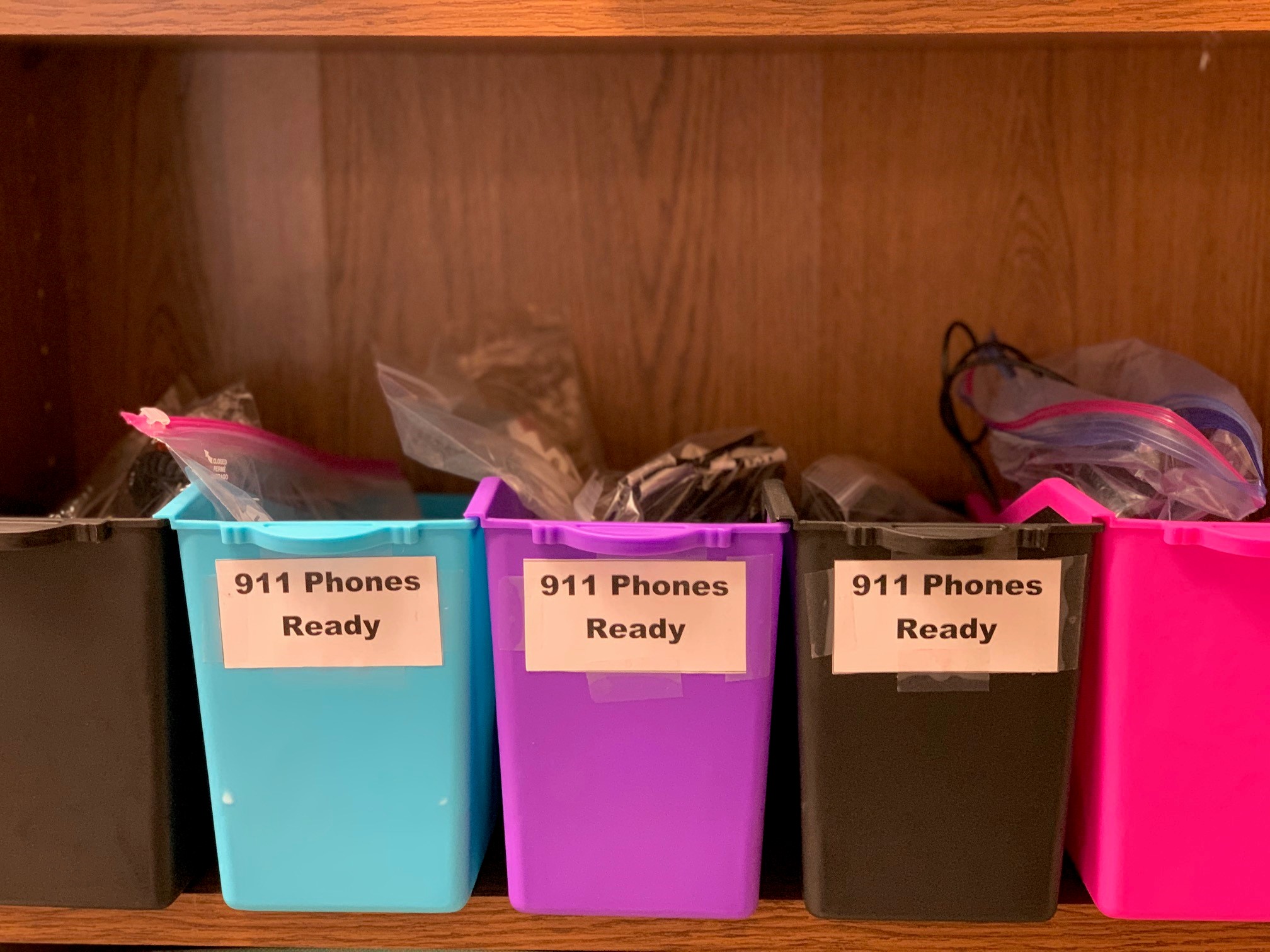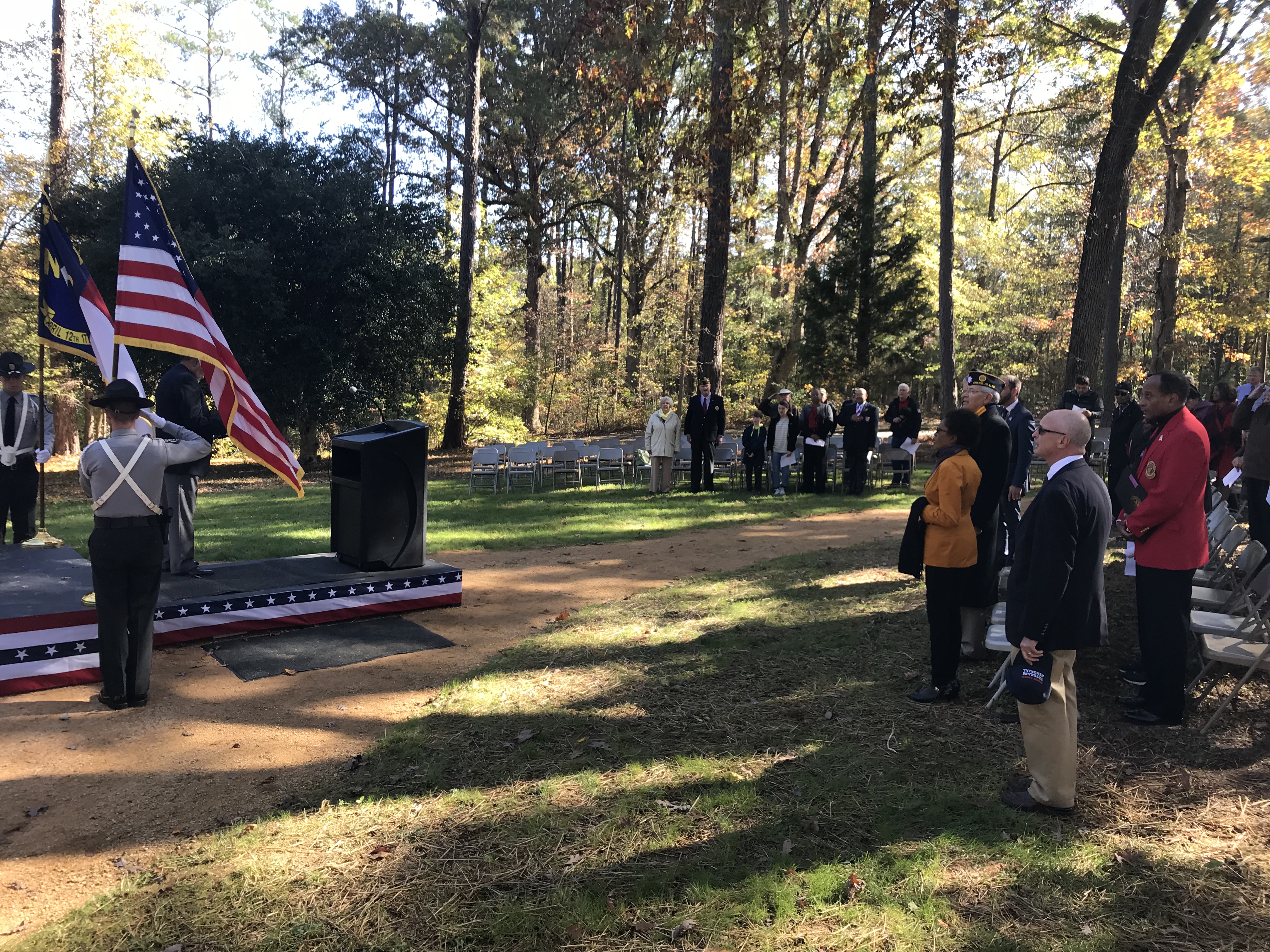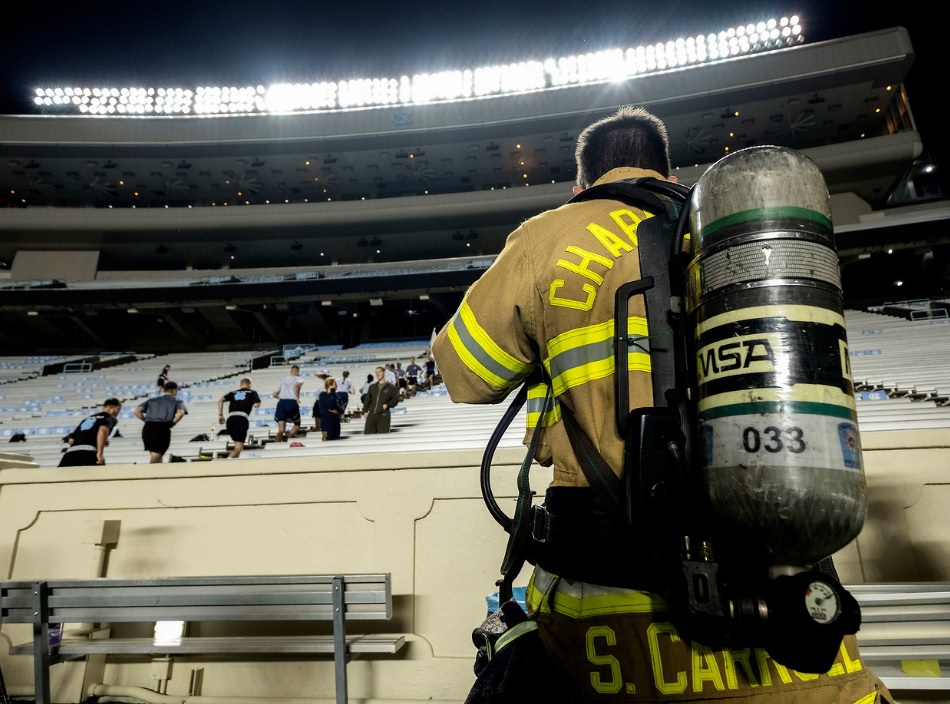Significant events in our country generate significant reactions. Look at the attack on Pearl Harbor, dropping the atom bomb, the Kennedy assassination, and the Challenger explosion as examples of significant events that we as a society remember in various ways. On Sunday, September 11, 2011, we as a nation and others around the world will take time to remember the horrific attacks that occurred that day.
There will be ceremonies of all sorts, memorials dedicated, special religious and civic services of prayer and remembrance, TV specials, service projects, academic programs and a host of other events to reflect on the events of that day, mourn the victims who lost their lives, and honor the heroes who emerged. And it’s no surprise that none of this happens without controversy, criticism, or protests. From the design of memorials to those included or excluded on a program, from attempts to gain a commercial advantage from the tragedy to very public disputes over benefits, we are reminded once again that even remembering tragic events are capable of driving a wedge between us.
Wedges aside, what I still remember most about that Tuesday morning 10 years ago was my cycle of reactions. As I sat glued to the TV, I, like so many others, was in shock. I simply refused to believe what I was seeing on the screen. The reporting as the morning passed also proved that a principal I learned many years ago was still operative – “FRUE” – or First Reports Usually Erroneous. We learned about the attack on the Pentagon and we were shocked again. Later we learned about what happened on the plane over Pennsylvania and the shock only intensified. Eventually we had more accurate information and the weight of what did happen engulfed us.
Yet, it didn’t take long before denial kicked in. This just couldn’t happen in America and so many of us just wanted to believe that it didn’t. In spite of what I heard on every TV station, all of the cable shows, the Internet, phone calls from friends, and face-to-face conversations, denial was the reaction. Our nation was attacked; our way of life was put at risk. Thousands were killed, how could that happen? Then came the anger.
The anger, strong as it was, seemed to give way to a more positive outcome because we experienced people come together. Most Americans seemed to share that anger over what happened to us, but the dominant emotion became unity. That spirit of unity now stands in stark contrast to what we see happening around us today. It just seems that so many things separate us, we talk past each other, and civility and common ground are in short supply.
The fact is that today’s anger is a very intense anger and from different sources. I would hope that as we remember what happened to us 10 years ago, we all take time to remember all of those we lost and all of those who placed their lives in danger that day and the days that followed. I would also hope that we spend some sometime reflecting on our many blessings, the things we value as a nation, and what can unite us as a nation again. Otherwise, 9-11 has very little meaning.





Comments on Chapelboro are moderated according to our Community Guidelines